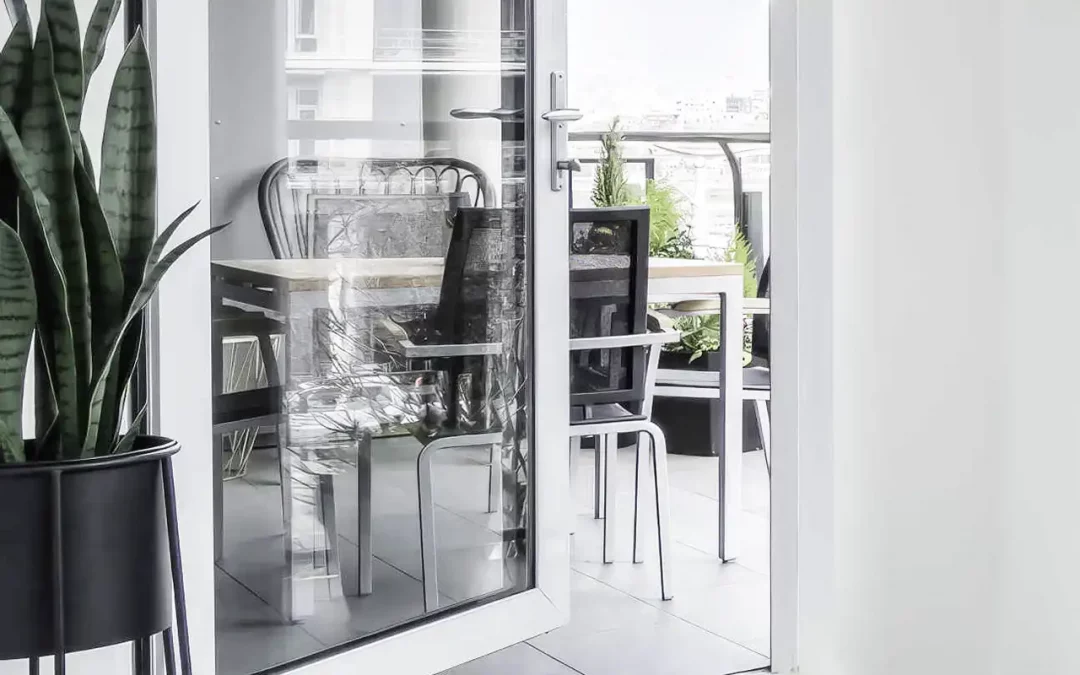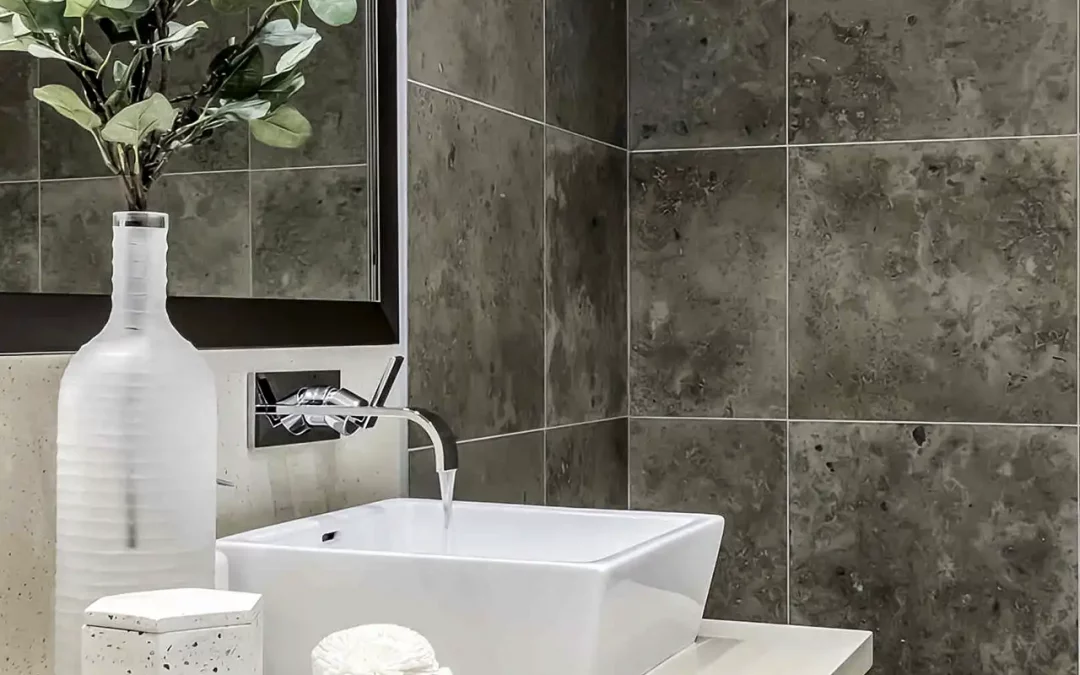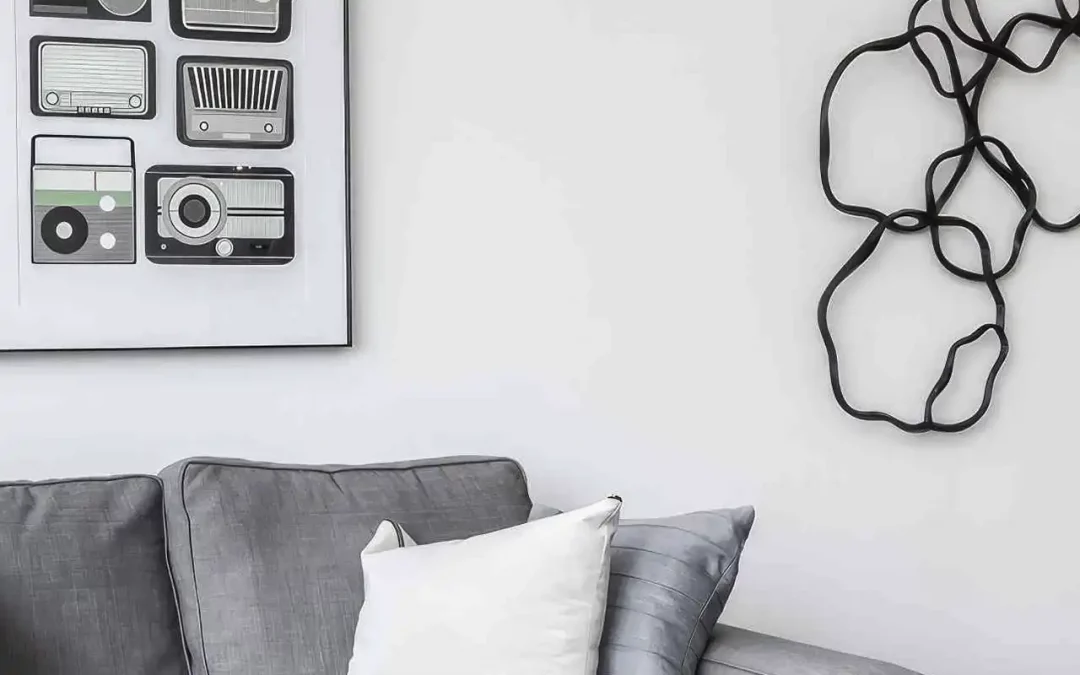The best time to buy a home is when you need one! But, all jokes aside, for families looking to purchase housing you’ll be living in – the key to building home equity is to start today, and every day after, you’ll be building towards your future.
Housing in the Metro Vancouver area, Lower Mainland and Fraser Valley is a significant investment, whether you’re renting or owning. No matter how you look at it, most of us spend over 50% of our income on housing. Nobody would argue; our cost of living is high. With the high stakes, it is easy to see why homeowners and would-be owners worry about timing the market perfectly. The truth is it’s impossible to predict; even housing market analysts have been wrong. The only thing we can be sure of is looking back over the history of our real estate market. We’ve seen a steady long-term rise since 1885, when our province was founded. So if you’re following history, it’s better to own a home sooner rather than later.
When is the best time to buy a home as a first-time buyer?
As a first-time homebuyer, timing the real estate market can be incredibly daunting. Nobody, first-time buyer or not, wants to watch their investment fall in a down market. When becoming a homeowner, the best way to insulate yourself is to ensure you have budgeted for the long term. So long as you can hang on to your home and whether a downturn, history has shown us that the market has always rebounded and gone up further. Keep in mind you don’t lose money if the market falls. You only lose money when you sell for less than you paid. If you keep making your mortgage payments, whether the market is up or down, you’ll eventually be mortgage-free. When you’ve paid off your mortgage, you won’t have any housing payments (rent or mortgage). You’ll be living without paying rent or a mortgage the day you own your home, free and clear. As a first-time buyer, this can seem like a distant future. In the beginning, a 30-year mortgage does seem like a long way off on day one. This is why so many people choose home ownership as an investment; it’s an investment you can live in.
What if I’m buying and also selling my home?
If you buy and sell in the same market, the ups and downs may look more like a wash. When you want to stay in the same local area, the market increase or decrease will apply equally. When your value goes up or down, so do the homes in your proximity. Proportionately, the difference between your sale and purchase should remain relatively consistent. It feels counterintuitive to sell when the market is decreasing, but buying and selling at the same could benefit you. Considering the potential lower sale price is more than offset by the saving on a higher purchase price. The difference between the price brackets decreases as the market falls. A percentage saving is a more significant value when saving a million dollars compared to savings of five hundred thousand. The opposite is true when you go from a higher price point to a lower price point; in that case, an increasing market could be more advantageous.
Where you need to be careful is buying housing to flip—for example, a pre-sale hoping to turn it into a quick profit once the building completes. There are no guarantees when it comes to flipping houses; these are the sorts of investments you will need to weigh up against your financial capabilities and situation carefully.


